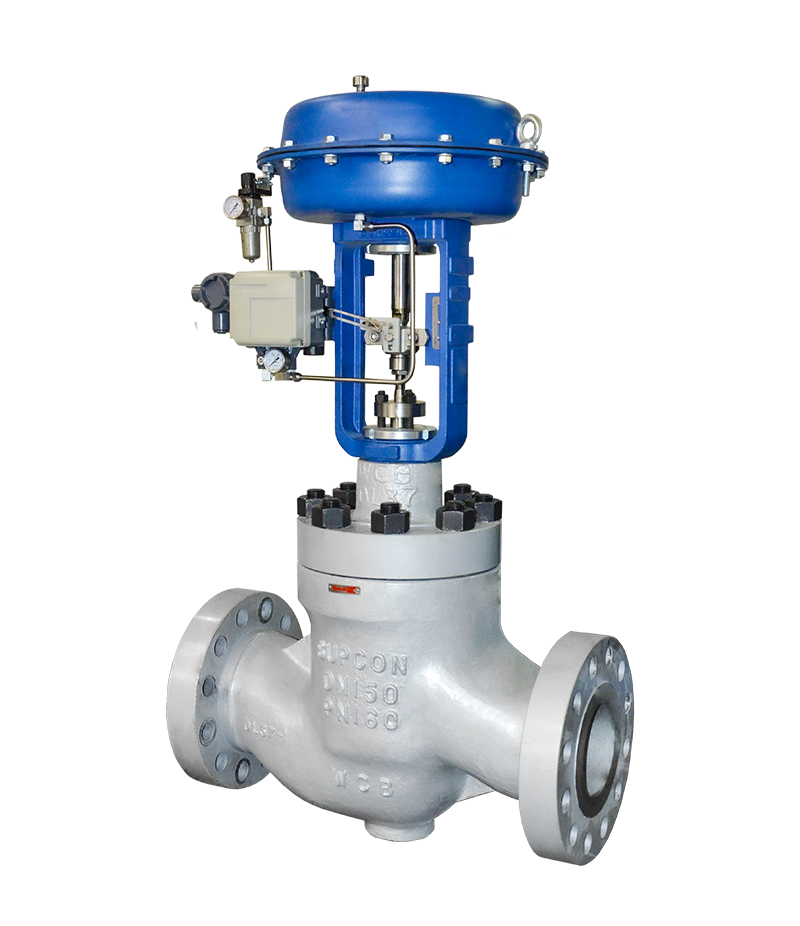The Role of Control Valves in Enhancing Productivity and Reducing Operational Risks
Control valves are essential components in industrial systems where fluid flow, pressure, temperature, or level must be regulated. These valves automatically adjust to changing conditions, ensuring accurate process control. By maintaining the desired operational parameters, control valves help industries operate efficiently, minimize downtime, and avoid costly failures. Their ability to optimize process flow not only enhances output but also protects machinery and personnel from potential hazards. Understanding how control valves contribute to productivity and risk reduction is key for industries aiming to maintain reliability and performance in demanding environments.
Enhancing Productivity
Control valves directly impact the efficiency of industrial operations by ensuring precise and consistent flow regulation. This level of control helps avoid overuse of raw materials and optimizes energy consumption. Key ways control valves improve productivity:
- Accurate flow control: Ensures the right amount of fluid is delivered at all times, avoiding excess or shortage in production.
- Stable operations: Maintains consistent process conditions, which boosts overall system output.
- Energy efficiency: Minimizes unnecessary pressure loss or overuse of pumps and compressors.
- Automation compatibility: Easily integrates with automated systems for faster, uninterrupted production.
- Less manual intervention: Reduces human errors and frees up labor for more critical tasks.
The result is increased production capacity, better resource utilization, and faster response times in dynamic processes and control valve should always be in what position.

Reducing Operational Risks
Operational risks such as leaks, pressure surges, and equipment failures can cause downtime, damage, or safety hazards. Vincer control valves are designed to prevent such incidents by maintaining control over potentially volatile systems. Key ways control valves reduce risks:
- Pressure management: Prevents system overpressure, reducing the likelihood of explosions or pipe bursts.
- Leak prevention: High-quality valves ensure tight shutoff to minimize fluid leakage, especially in hazardous chemical environments.
- Temperature control: Maintains safe temperature ranges for sensitive equipment and processes.
- Fail-safe features: Many control valves are designed to default to a safe position during power loss or system failure.
- Diagnostic feedback: Smart valves offer real-time monitoring and alerts for potential malfunctions.
By keeping operations within safe limits, control valves protect both human operators and expensive machinery from harm.
The Perks of Control Valves
Control valves play a crucial role in boosting efficiency and ensuring safety in industrial systems. Their dual ability to improve output while minimizing risk makes them a vital part of any process infrastructure.
- Regulating flow with precision
- Enhancing energy efficiency
- Supporting automation
- Controlling pressure and temperature
- Preventing leaks and system failures
- Offering fail-safe mechanisms and diagnostics
Industries that rely on stable and efficient operations benefit greatly from the use of well-selected and properly maintained control valves.
